Ever wondered if you need to be a coding expert to explore the world of Artificial Intelligence (AI)? You’re not alone. Many young tech enthusiasts think that AI is all about complicated lines of code. But guess what? There’s more than one way to approach AI.
In this guide, we’ll dive into the heart of AI and uncover its two sides: the traditional coding route and the newer no-code path. Whether you’re new to AI or just curious about how it works, we’re here to simplify things for you. Let’s get started!
The Dual Nature of AI: Code & No-Code
Artificial Intelligence (AI) isn’t just about complex codes and algorithms anymore. Let’s quickly explore its two distinct approaches: traditional coding and the modern no-code method.
Traditional Coding in AI: Historically, AI was built using programming languages like Python or Java. This method requires writing specific algorithms and offers deep customization. It’s powerful and ideal for intricate tasks like deep learning.
No-Code AI Platforms: These are the new game-changers. Designed for those without a coding background, no-code platforms offer easy drag-and-drop tools and pre-made models. They simplify AI, letting users create chatbots or analyze data without diving into code. While more flexible than coding, it brings Artificial Intelligence closer to the masses.
In short, AI today caters to both coding experts and beginners. You can deep-dive into code or take the user-friendly no-code route – the AI world is ready for both!
Benefits of Coding in AI
While the rise of no-code platforms has made Artificial Intelligence (AI) more accessible, a compelling case remains for the traditional coding route. Diving deep into coding provides several advantages.
Here are some notable benefits:
- Unparalleled Flexibility: You’re in the driver’s seat when writing code. You can craft tailored algorithms, adjust parameters, and create AI models that fit the specific needs of a project. This flexibility is absent in pre-built no-code solutions.
- Deeper Understanding: Engaging with AI through coding fosters a more profound comprehension of its underlying mechanics. This knowledge allows for more informed decisions during development and helps identify potential issues.
- Advanced Customization: Complex projects often require nuanced solutions. With coding, developers can introduce unique features, fine-tune existing ones, or integrate various AI models for a composite solution.
- Innovation Potential: Groundbreaking advancements in AI often stem from code-based experimentation. Having the skills to code can empower one to push boundaries, test new theories, and contribute to the ever-evolving field of AI.
- Competitive Edge: From a career perspective, having coding expertise in AI can be a valuable asset. It can set individuals apart in the job market, opening doors to roles that require deep technical proficiency.
- Broader Tool Access: While no-code platforms are comprehensive, coding proficiency allows developers to utilize a broader range of tools, libraries, and frameworks available in the AI ecosystem
Those who invest time in mastering coding skills stand to gain a richer, more nuanced understanding and capability in Artificial Intelligence (AI).
Programming Languages in AI
Now, you’ll encounter some programming languages that are the backbone of various AI projects. Let’s break down the most popular ones and see why they’re loved in the AI community:
- Python: This is the superstar of AI languages. Why? It’s easy to learn, has a clean syntax, and boasts a vast library collection like TensorFlow and Keras. These libraries simplify complex AI tasks, making Python the go-to for many AI enthusiasts and professionals.
- Java: Java is famous for being fast and efficient. For real-time applications, where quick responses are crucial, Java shines. Its object-oriented nature also makes it easier to implement various AI algorithms.
- R: A favorite among statisticians and data miners, R is perfect for data analysis and visualization. R might be your best friend if you’re looking into AI projects heavily relying on statistics.
- Prolog: This one’s a bit different. Prolog excels in pattern matching and symbolic computation, making it a top choice for building expert systems and solving logic-based problems.
- LISP: One of the oldest programming languages, LISP was created specifically for AI development. While less popular today, its ability to adapt to new solutions has made it a long-standing choice for some AI projects.
Regardless of the choice, each language offers its own tools and capabilities to explore and harness the power of Artificial Intelligence (AI). After seeing how tough it can be to learn these coding languages, some smart folks wanted to make AI accessible for everyone, even if they don’t know coding. That’s how the idea of No-Code AI started getting popular.
No-Code AI
Only some have the time or knack for learning coding languages, but that shouldn’t keep them from the wonders of Artificial Intelligence (AI). That’s where No-Code AI steps in. It’s all about using AI without understanding the deep technical details. Think of it like using a smartphone – you don’t need to know how it’s made to send a message or take a photo!
No-Code AI Platforms
These platforms are like magic toolboxes. They let you do Artificial Intelligence (AI) tasks without diving into the code:
- Google AutoML: Imagine training your AI model by choosing options from a menu. That’s what Google AutoML feels like!
- IBM Watson Studio: Build and train AI models with easy drag-and-drop actions. It’s like assembling a puzzle!
- Microsoft Azure Machine Learning Studio: Consider it a playground where you can test and create AI projects without the coding fuss.
- DataRobot: It does most of the heavy lifting for you. Tell it what you want, and it’ll create an AI solution!
No-Code AI: Pros and Cons
Everything has its ups and downs, and No-Code AI is no different.
Pros:
- Easy to Use: No need to be a tech whiz! If you can use an app, you can use No-Code AI platforms.
- Quick Results: Without coding, you can get your AI projects up and running faster.
- Broadens Access: More people can join the AI party! From students to business folks, anyone can hop in.
Cons:
- Less Customization: Since you’re not diving deep into the code, you might not get every tiny detail you want.
- Dependence on Platforms: If the platform lacks a feature, you might be stuck without it.
- May Not Suit Complex Needs: Traditional coding might still be the way for super-specific or advanced AI tasks.
So, there you have it! A glimpse into the world of No-Code AI, the platforms that power it, and the pros and cons to keep in mind.

The Future of AI: Will Coding Remain Essential?
Artificial Intelligence (AI) is changing fast. We’ve got easy tools like No-Code platforms, but does that mean coding will disappear? Probably not. Here’s why:
- Innovation: Want to do something new with AI? You’ll likely need to code. It lets you get creative and think outside the box.
- Customization: No-Code is like buying off-the-rack clothes. Handy and quick! But coding is like getting a custom-tailored suit—a perfect fit for unique needs.
- Balance: Think of the future as a mix. Quick tasks? No-Code’s got your back. Something special? Bring out the coding skills.
So, coding isn’t going away, but No-Code is making AI fun and accessible for more people. Both have a seat at the AI table!
Conclusion: AI is for Everyone!
So what’s the big deal? Easy. You don’t have to be a computer genius to jump into Artificial Intelligence or AI. You can take two excellent paths: traditional coding and the newer, more straightforward, no-code route.
Coding is your playground if you love getting into the nitty-gritty and making your own stuff from scratch. But no-code is your new best friend if you just want to get things done without learning all the complicated stuff.
The best part? You don’t have to choose just one. Whether you’re a code whiz or a beginner, there’s room for everyone in AI land. So, no matter which road you take, AI is becoming more accessible and fun for all of us. And that’s pretty awesome, don’t you think?
Want to learn more about Artificial Intelligence (AI) Visit.






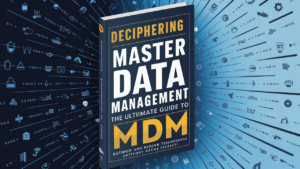



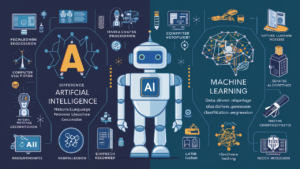
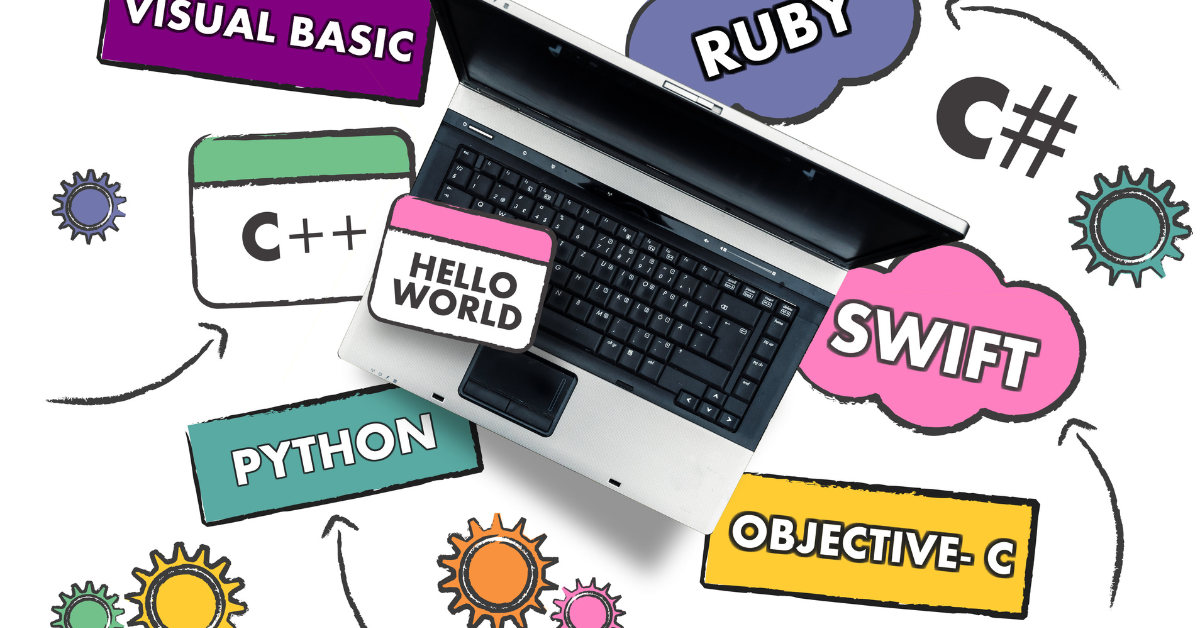
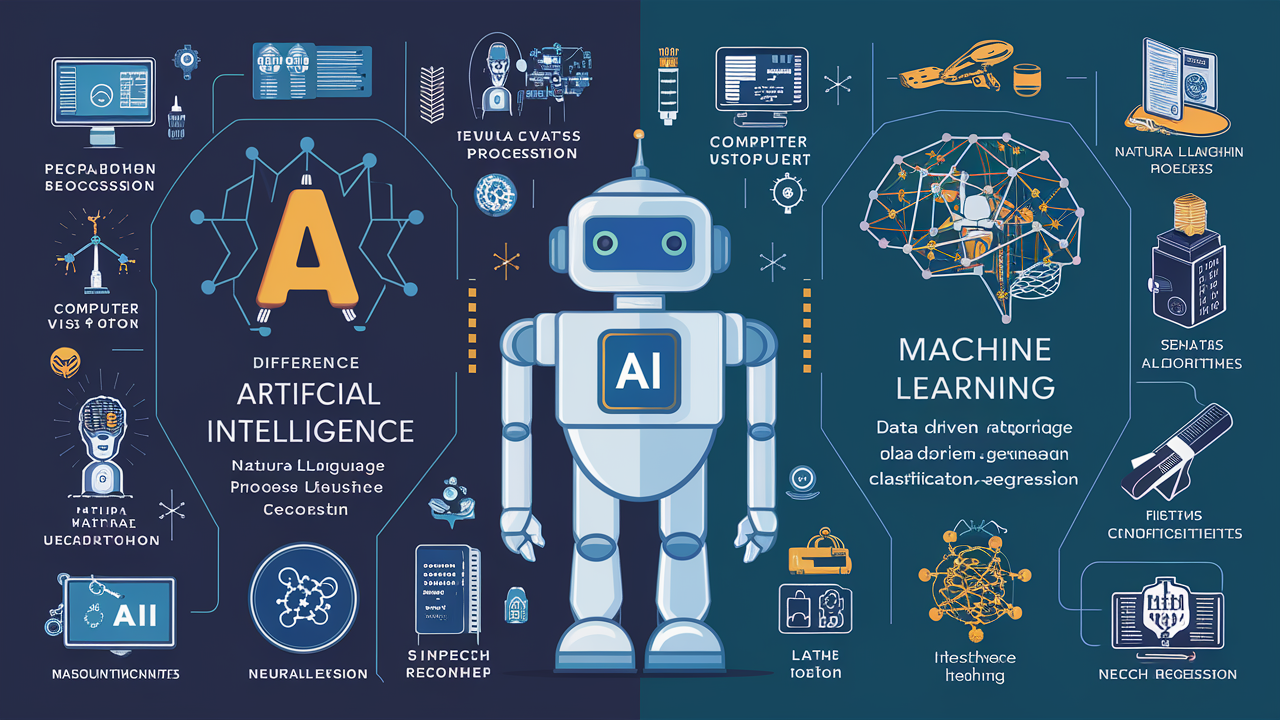
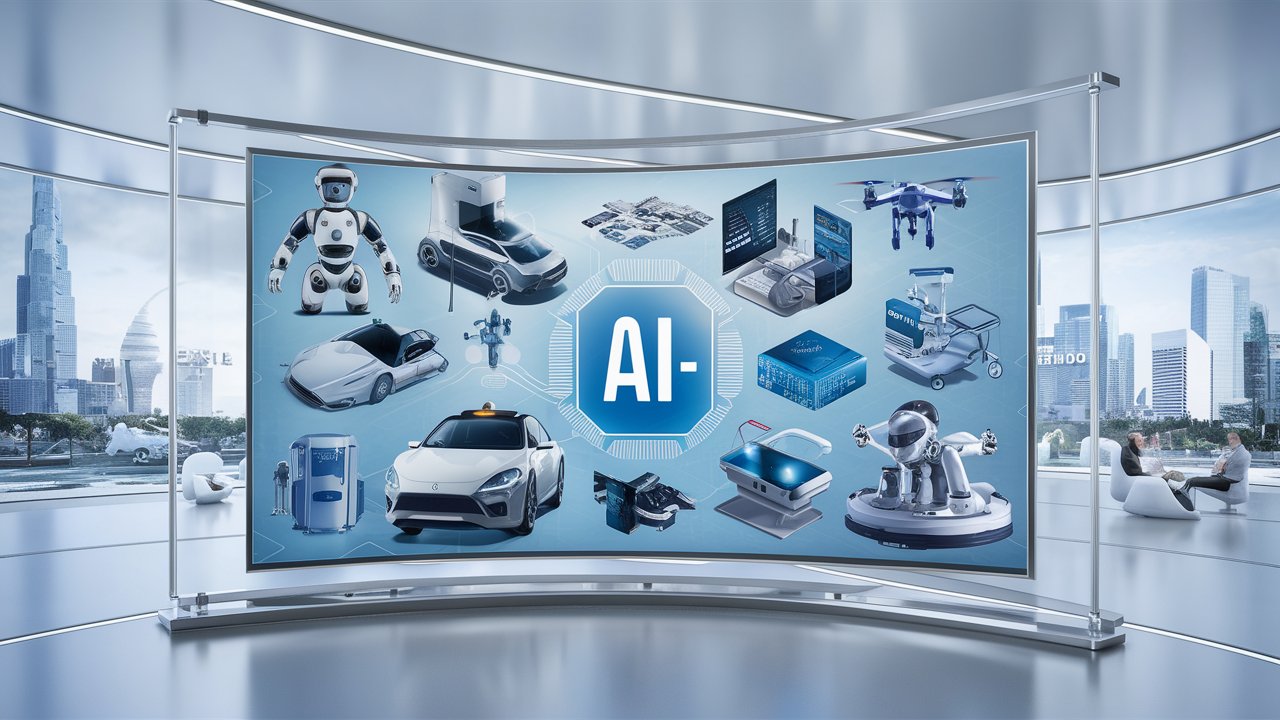



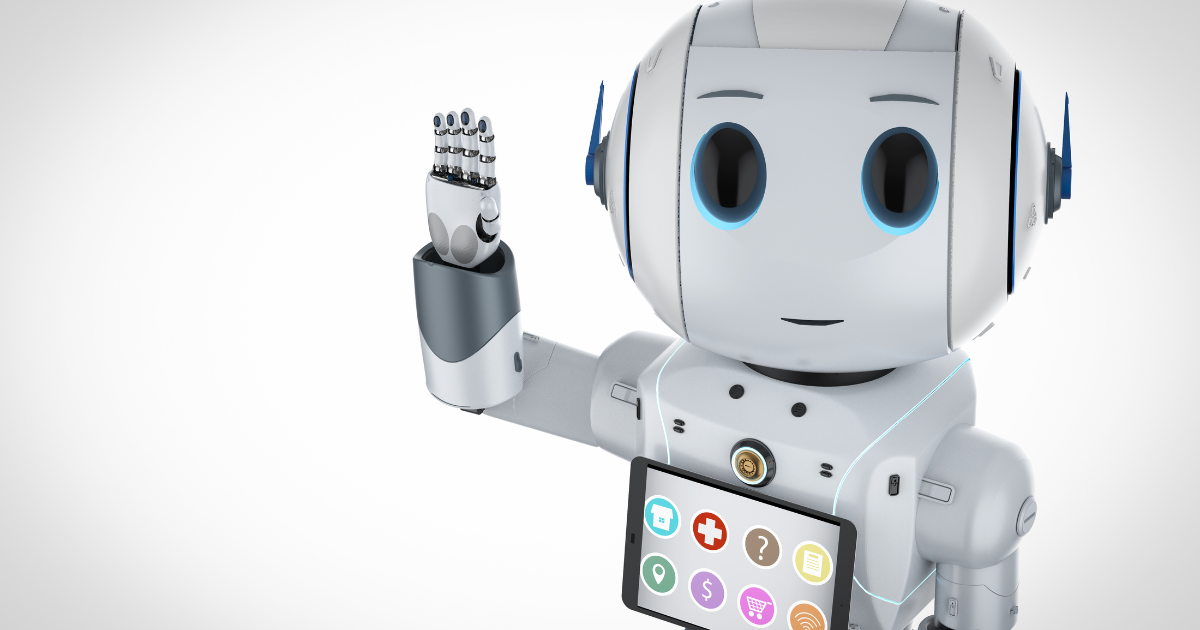




1 thought on “Does artificial intelligence need coding?”
Pingback: Demystifying Artificial Intelligence (AI): Understanding The Power And Potential